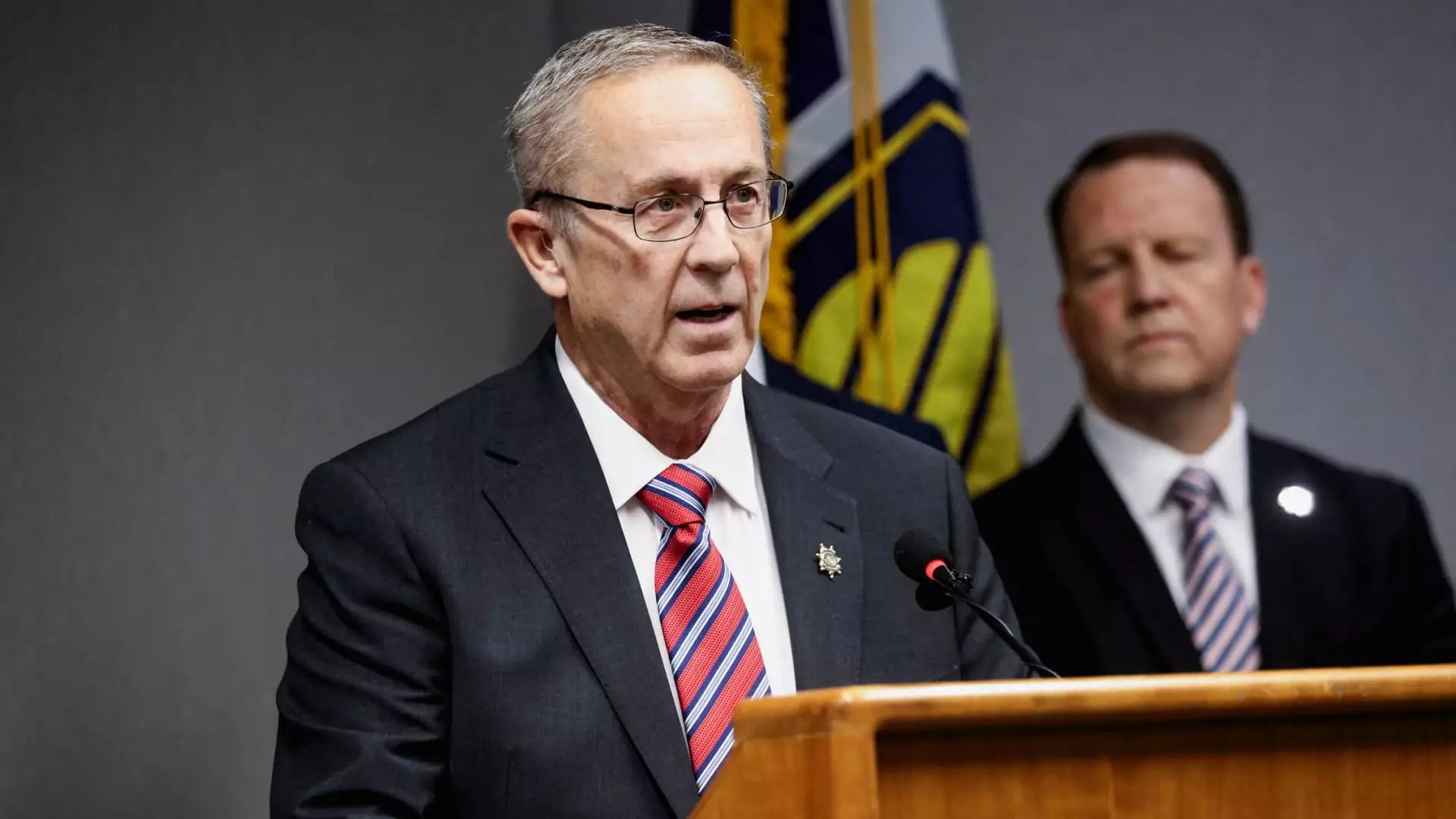The recent shooting of Charlie Kirk, a prominent conservative activist, by Tyler Robinson in Utah has ignited a public debate that is far more urgent than many care to admit. At first glance, the event appears as a brutal act of violence rooted in personal and political grievances. But peeling back the layers reveals a troubling pattern: how increased polarization and inflammatory rhetoric create an environment ripe for tragedy. The notion that political disagreement can justify or even encourage deadly acts is a dangerous misconception that must be confronted head-on. Robinson’s actions, whether driven by personal dissatisfaction or ideological frustration, reflect the broader instability sowed by radicalized discourse on both sides. It is imperative that, as a society, we recognize the inflammatory climate we foster and hold ourselves accountable for the words and deeds we promote.
The Cost of Divide and Conquer Politics
The details surrounding Robinson’s alleged motives expose a societal fault line that increasingly pushes individuals toward extremist expressions of their political identity. His mother’s comments about his shift toward more progressive values, along with his recent association with a gender-transitioning roommate, suggest that personal identity struggles may sometimes morph into political acts that blur the lines between individual safety and ideological warfare. The case raises an uncomfortable truth: the very language of war that many politicians and media outlets wield inadvertently pushes citizens into a corner. When political opponents are portrayed as enemies rather than fellow citizens, it becomes easier to justify violence, even if subconsciously. Democratic societies thrive on debate, tolerance, and respect, yet the prevailing culture often incentivizes outrage and outrage-fueled acts of aggression, risking further tragedies.
Accountability and the Role of the State
The Utah County Attorney’s determination to seek the death penalty signals the severity with which the justice system often responds to political violence. However, this stance also reflects a broader societal tendency to escalate responses rather than address root causes. Labeling Robinson’s act as “aggravated murder” and pursuing the highest punishment available could be seen as a symbolic gesture of condemnation. Yet, it also fails to consider underlying social dynamics that foster radicalization. How did a young man like Robinson feel pushed to such extremes? Do punitive justice measures address the epidemic of polarization fueling these acts, or do they merely serve as a temporary fix? The solution lies not just in penal codes, but in a societal commitment to reducing hostility, fostering dialogue, and promoting empathy—values often sidelined in political discourse.
The Dangerous Echo Chamber of Blame
The reactions following Kirk’s death reveal how political narratives can spiral into dangerous blame games. While many Conservatives see this as an attack linked to left-wing fanaticism, others on the left interpret it as a tragic warning sign of unchecked right-wing extremism. The involvement of figures like Trump and Vance, framing the violence as a consequence of the “radical left,” fuels a cycle of blame and polarization. This divisive approach hampers meaningful dialogue and perpetuates hostility rather than addressing the societal fractures that breed violence. Moreover, the labeling of political opponents as enemies detaches the debate from reality, fostering an environment where violence becomes a rational response to perceived threats. As a centrist liberal, I believe in holding all sides accountable while advocating for policies that bridge divides rather than deepen them.
The Way Forward: Embracing Compassion and Rational Discourse
Ultimately, the tragedy of Charlie Kirk’s murder underscores the urgent need for societal introspection. We cannot afford to turn a blind eye to how our words, policies, and media narratives contribute to an increasingly hostile climate. We must advocate for leadership that emphasizes understanding and unity over confrontation and division. Promoting civil discourse is not a concession but a necessity for a healthy democracy. Recognizing the humanity in those we disagree with may not prevent every act of violence, but it creates the foundation for a more resilient society—one where disagreement does not escalate into deadly conflict. In an era dominated by heated rhetoric and dramatic polarization, choosing compassion over condemnation is the most powerful act we can undertake.

